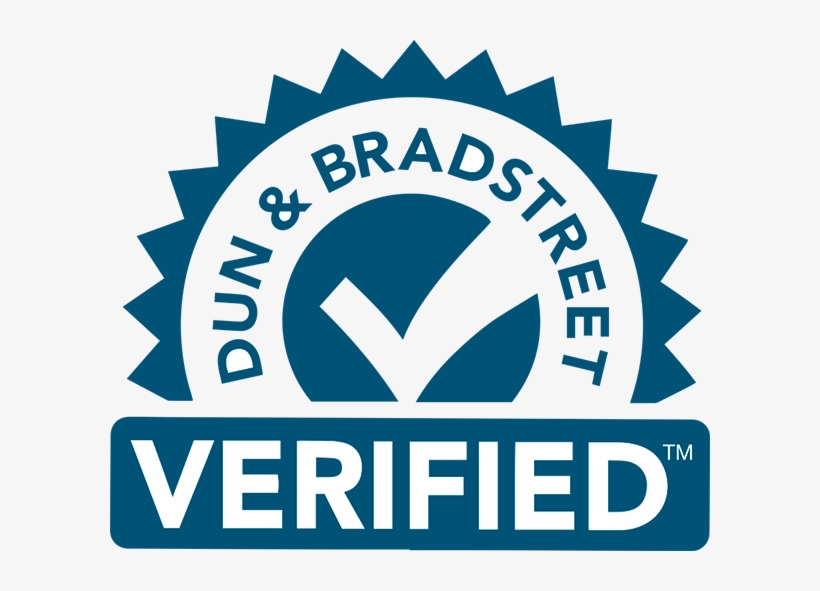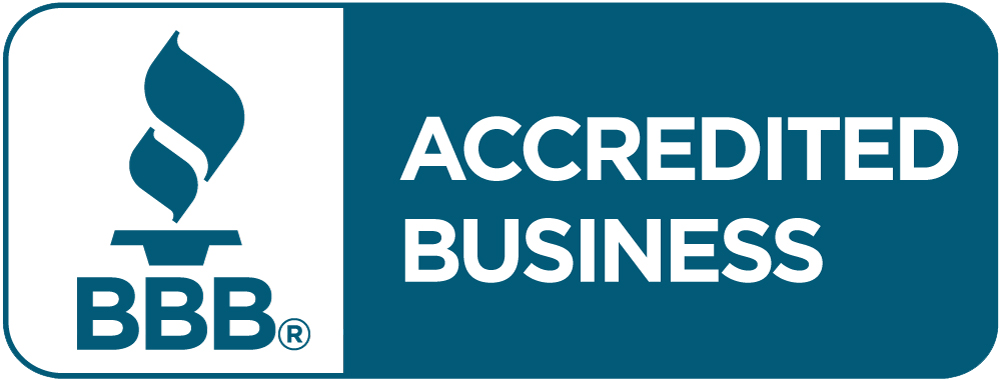Current history tells us that the main word for the modern workforce in the workplace is change. Employers understand that having employees with the right kind of knowledge and skills year in and year out is essential for a business that wants to stay at the top. Of course, even the best and brightest employees don’t last forever and being able to pull off a smooth transition – to maintain the level of competence your business has come to expect – is key. For this reason, developing a succession plan for a new set of workers at your company should be at the top of your to-do list. Here are 5 ways to develop an effective succession plan for your company.
Don’t Put Off the (Succession) Plan
Maybe you think that your staff is young and stable and that you’ll figure out how to handle the situation on the fly when your key employees are ready to retire. You also know that if you have been in business for any amount of time that surprises and changes are always around the corner. While you may always be putting out fires on the operations side of your business, a Succession Plan will extinguish the talent gap fires before they grow out of control.
Close the Knowledge Gap
Succession planning means identifying the employees who upon retirement would create a huge knowledge gap at your company. These are not always the highest-ranking or most experienced team members. You also need to be aware that some team members will retire early which means your succession plan may need to be ready quicker than anticipated.
Time is Money
The most successful companies know that wasting time means wasting money. Reducing the time it takes a new employee to master what the retiring employee knows by heart is one of the key benefits of succession planning. Training programs that drag on can both waste money and demoralize your workforce. The right kind of succession planning can cut down the time it takes to educate your staff so they can do the work that is needed.
A Different Kind of Retirement
Retirement isn’t always simply turning in the company badge and never returning. Succession planning can also mean finding the employees who might like to retire in phases and who might be willing to pass on the abilities and skills they have honed over time to the next generation. In this way, the transition feels more familiar to all involved. It also shows new employees how your company values and supports longtime workers. The right Succession Plan will identify where you should focus your training, development and mentorship efforts so your business and team will be ready for a smooth transition.
Find out more about how Gentry can support your company with successful succession planning.
Gentry Professional Services provides your company’s prospective retirees a profitable and flexible path to continue working with you and putting their deep knowledge to use for the industry while offering you the time needed to complete long-term projects and finalize the knowledge transfer to other team members. With no learning curve, the changing of hats of your employee to work with our firm is seamless. Our team of experienced engineers can assist with the smooth transfer of knowledge to your next staff member.


